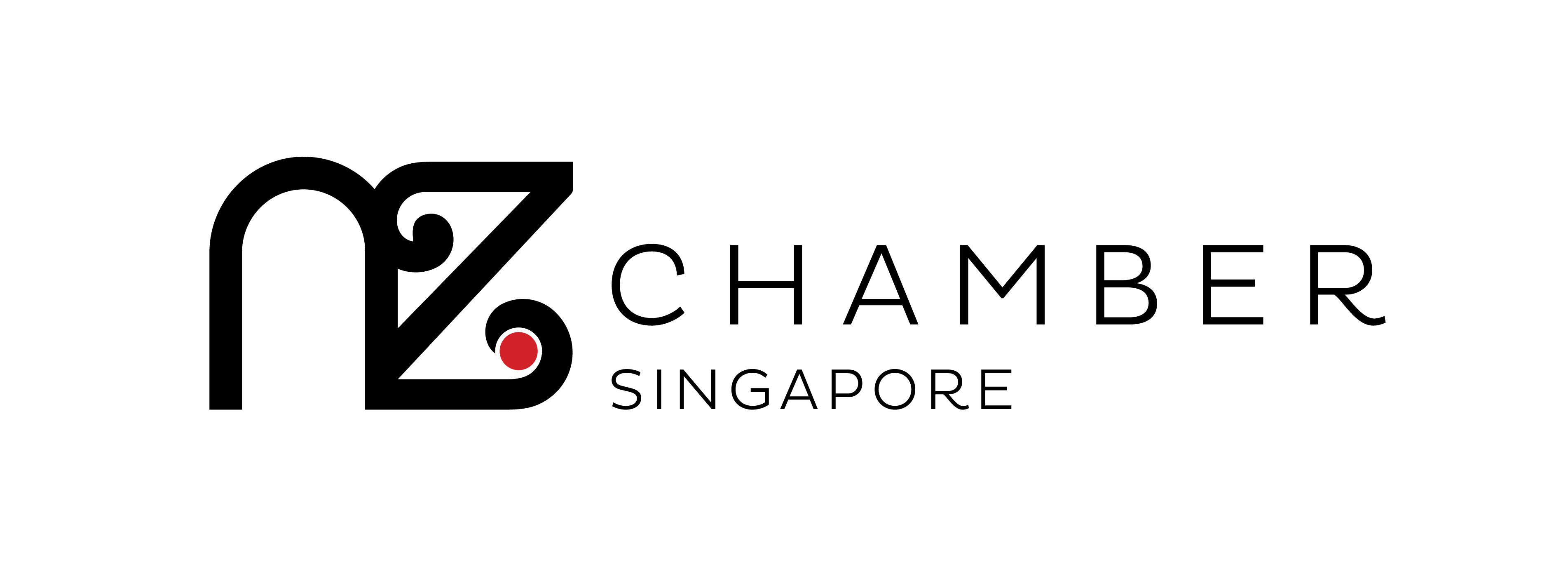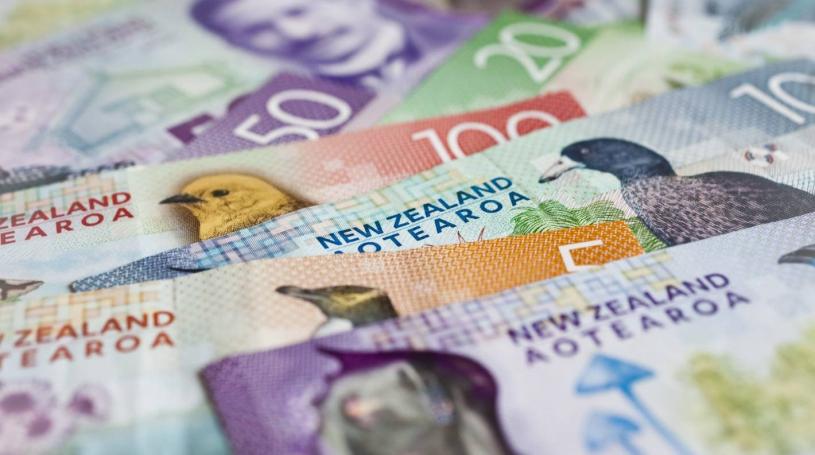New Zealand Tax Update [As at 1 April 2022]
1 April 2022
NEW ZEALAND TAX UPDATE
[AS AT 1 APRIL 2022]
- New Zealand imposes income tax on a residency/source basis. It taxes residents on total worldwide income. It taxes non-residents on New Zealand sourced income only.
- Under domestic legislation, an individual becomes New Zealand tax resident where:
- they have been personally present in New Zealand for 183 days in any 365 days; or
- they have established a permanent place of abode (PPOA) in New Zealand.
- The meaning of PPOA has occupied both the Commissioner and the Courts for some time. The Commissioner of Inland Revenue (CIR) together with the Courts have established the principle that the ordinary meaning “to have a permanent place of abode in New Zealand” is to have a home or property enduring connection”. Owning (but not occupying) a residence does not meet the test of a PPOA.
- New Zealand and Singapore have entered into a Double Tax Agreement [DTA].
- The provisions of a DTA overrule domestic legislation. It is possible that a person may be deemed a tax resident in New Zealand as well as Singapore based on respective domestic legislation. Here the DTA takes precedence. Reference should be made to Article 4 of the DTA which is in effect a tie-breaker test; the effect of which only one country can succeed in attaching a tax residency tag on taxes dealt with under the DTA.
- There is a forty-eight month domestic income tax exemption in respect to foreign sourced income (other than employment or services income) available for overseas individuals who become tax resident. The exemption is not available if the person has been an NZ tax resident within the previous 10 years. This is referred to as the transitional residency exemption.
- A company if resident if it is incorporated in New Zealand or its head office, centre of management or the place from which directors exercise control is situated in NZ.
- The taxation of a trust is determined by the residence of its settlors.
- Refer attached schedule for current tax rate for individuals, companies and trusts.
New Zealand does not have a wealth tax, stamp duty or death duties.
- NZ resident companies and NZ subsidiaries of a foreign company are taxed on net income after allowable deductions.
- What if I do get it wrong?
Where income has not been declared; or expenses wrongly claimed, NZ imposes a costly penalty regime. The resulting additional core tax is then subject to accumulating late payment penalty, accumulating use of money interest and, in some instances, shortfall penalties.
A rule of thumb method is that one can treble the amount of core tax to take into account the combination of penalties referred above. A voluntary declaration (in other words one gets to Inland Revenue before they get to you) will generally reduce the impact of shortfall penalties.
|
Tax Rates
|
|
|
|
|
Company |
Flat Rate |
28.0% |
|
|
Trustee |
|
33.0% |
|
|
Individuals |
Income to $14,000 pa |
10.5% |
|
|
|
$14,0001 - $48,000 |
17.5% |
|
|
|
$48,001 - $70,000 |
30.0% |
|
|
|
$70,001 - $180,000 |
33.0% |
|
|
|
Over $180,000 |
39.0% |
|
Disclaimer:
This update is provided by Des Trigg CA Tax Consultant of Auckland. The content is for information only and should not be acted upon without specific and proper professional advice. Neither the author nor any staff member accept any liability to any other party.
Des Trigg CA
TAX CONSULTANT
Mobile: (+6421) 768-967
Website: www.destrigg.co.nz
Email: des@destrigg.co.nz


